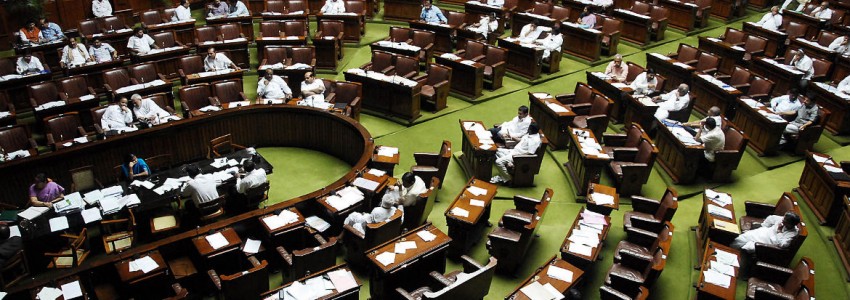
History
The Association for Democratic Reforms (ADR) was established in 1999 by a group of professors from the Indian Institute of Management (IIM) Ahmedabad. In 1999, Public Interest Litigation (PIL) was filed by them with Delhi High Court asking for [or requesting] the disclosure of the criminal, financial and educational background of the candidates contesting elections. Based on this, the Supreme Court in 2002, and subsequently in 2003, made it mandatory for all candidates contesting elections to disclose criminal, financial and educational background prior to the polls by filing an affidavit with the Election Commission.
The first election watch was conducted by ADR in 2002 for Gujarat Assembly Elections whereby detailed analysis of the backgrounds of candidates contesting elections was provided to the electorate in order to help the electorate make an informed choice during polls. Since then ADR has conducted Election Watches for almost all state and parliament elections in collaboration with the National Election Watch. It conducts multiple projects aimed at increasing transparency and accountability in the political and electoral system of the country.
Our Vision
A vibrant Indian democracy built on empowered citizens, free and fair elections, electoral reforms, and accountable political parties.
Our Mission
Our goal is to improve governance and strengthen democracy by continuous work in the area of Electoral and Political Reforms. The ambit and scope of work in this field is enormous, Hence, ADR has chosen to concentrate its efforts in the following areas pertaining to the political system of the country:
- Advocating against corruption and criminalisation in politics
- Empowerment of the electorate through greater dissemination of information relating to the candidates and the parties, for a better and informed choice
- Need for greater accountability of Political Parties
- Need for inner-party democracy and transparency in party-functioning
For more information, here is an article by Prof Trilochan Sastry, Founder Member, Trustee and Chairman of ADR, on "Towards Decriminalisation of Elections and Politics".
For more articles by Prof Trilochan Sastry, click here.

